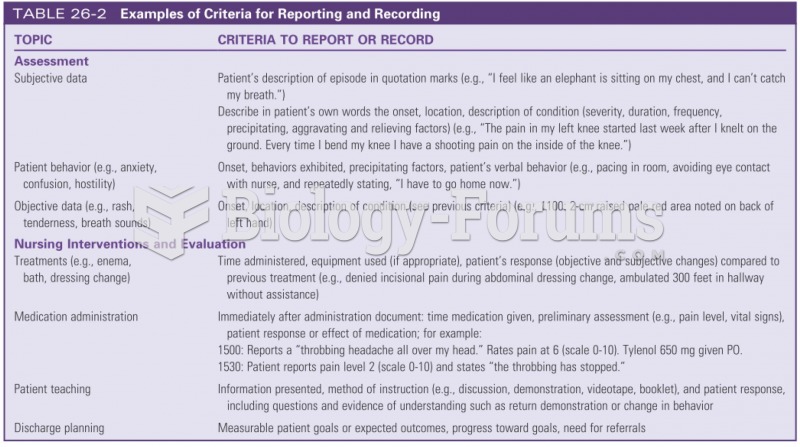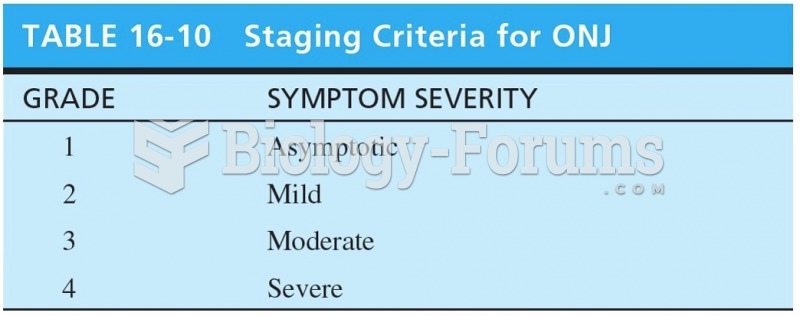|
|
|
Did you know?
Cyanide works by making the human body unable to use oxygen.
Did you know?
Thyroid conditions cause a higher risk of fibromyalgia and chronic fatigue syndrome.
Did you know?
More than 50% of American adults have oral herpes, which is commonly known as "cold sores" or "fever blisters." The herpes virus can be active on the skin surface without showing any signs or causing any symptoms.
Did you know?
Approximately 500,000 babies are born each year in the United States to teenage mothers.
Did you know?
About 100 new prescription or over-the-counter drugs come into the U.S. market every year.







